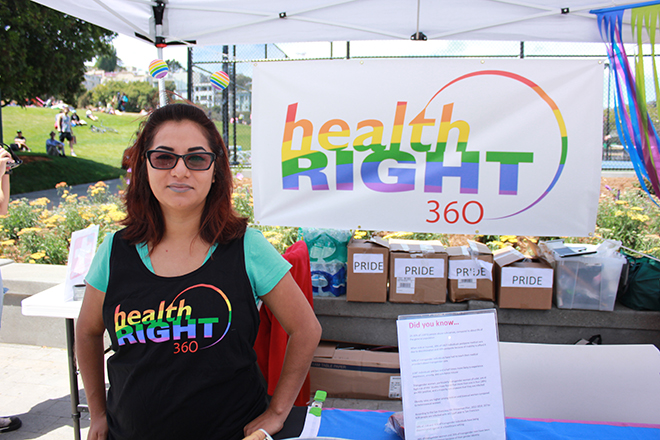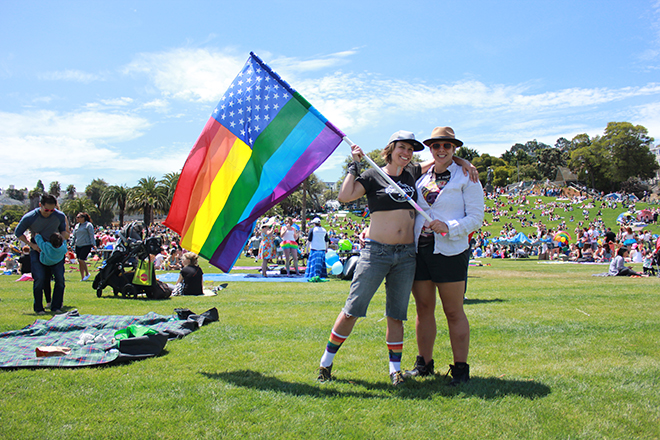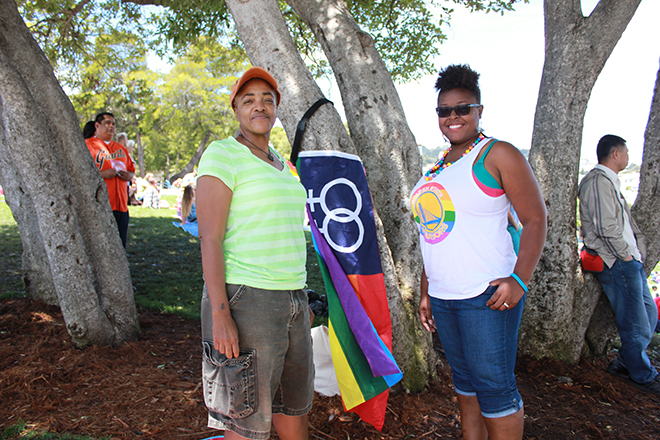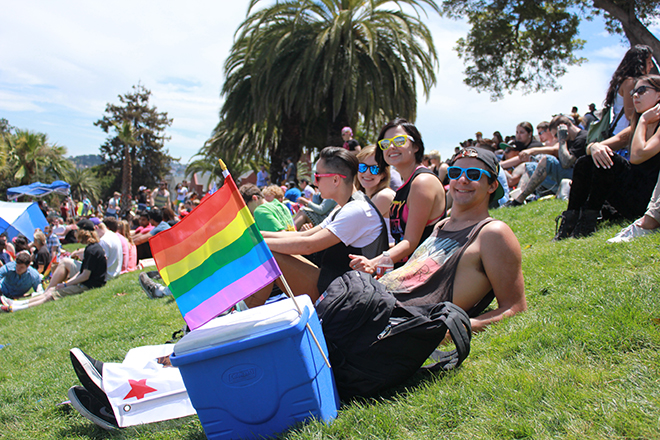On Sunday, June 28, a couple of miscreant Stanford Daily interns planned to catch the 9:34 a.m. Caltrain from Menlo Park. Sleepy, frustrated, and sore from the previous day’s ridiculous how-do-we-get-to-Bart treks (i.e. walking through the same parts of the city again and again before we realized that we could just ask someone—residents do know the city better than Google maps does), we waited for the train that was now 11 minutes late.
“Expect crowded trains,” said the mechanical voice.
A collective groan.
“Crowded” proved to be an understatement.
As the train pulled to a stop, all we could see were body parts (arms, legs, faces, torsos, everything) pressed against the sticky windows like sardines in a tin can. As we prepared our bodies for the uncomfortable, feet poised as if at the start of an Olympic sprint, a Caltrain official waved his hands in front of the open door, yelling something to the extent of “no more people on the train!”
This was dire, but a girl in a red shirt stuck her head outside and remarked that there was another train in fifteen minutes. Momentarily relieved, we stepped back and waited. The train departed. Fifteen minutes later, no train came. Girl in red was bluffing.
Tossed around were semi-joking remarks about marching on Valparaiso in an impromptu Menlo Park Pride Parade.
Finally, more than an hour later, the next train arrived.
This time, we interns were not going to take no for an answer. We pushed and shoved and found ourselves victorious, hooting maniacally as we left Menlo Park behind. We were joined by a group of guys who were supposed to be on the Facebook float, but missed it, and drunkenly shouted, “There’s another train in 15 minutes!” at every consecutive stop—an attempt to conserve space and an homage to the lying red-shirted girl.
As we looked around the congested train car, there was a sense of joy that radiated—in the cheap booze, the extravagant makeup, the sleepless yet glowing eyes of people from all backgrounds that screamed, “We’re going to have fun!”
In that moment, it was clear: The spirit of Pride would outweigh the shittiness of Bay Area public transportation.
And it did.
From what we could see, the parade itself was a wild conglomeration of nudists, rainbow flags, “condoms for trees,” and the cast of Orange is the New Black. The Sisters of Perpetual Indulgence also made an appearance in support of the #MyNameIs campaign, which advocates against Facebook’s “real names” policy, and for the ability for all users to express their authentic identities.
In the end, though, Pride wasn’t about any of these things. Pride was about the people. The people coming together to celebrate, to love and to experience something so starkly different from everyday life. In this photo gallery, we honor the many colorful people of Pride.

One of the first people we spoke to was Xochitl from San Jose, who works at Lyon Martin as a patient support associate.
Lyon Martin provides medical support for queer youth in the Bay Area at an affordable cost. Xochitl believes that mental health and substance abuse is the biggest problem the LGBTQ community is facing today. Xochitl noted that a lot of medical problems stem from lack of support from families after coming out. Often times queer youth are kicked out of their house and left unhoused. This may cause many queer youth to turn to drugs and develop mental health problems.

These women called themselves “a mobile photobooth”. Before we interviewed them, they were enthusiastically talking and taking pictures with whomever approached them.
Both women, Sabrina Bobar and Coral Olsen, were from Santa Cruz, California. Both had been to Pride many times before.
“[At my first Pride], I was roller skating and I saw Matt Damon, so that was pretty great,” Sabrina said. Both Sabrina and Coral saw Pride as a moment to celebrate and be themselves.
In response to the Supreme Court decision on Friday, Sabrina noted, “Everyone sees that there’s a big change that happened in our country.” She was right. In that moment, even with the scent of Coachella in the air, it felt like we were at the edge of something important and historic.
“We’re looking at all these small children that don’t have memories before today, or people who are pregnant or have infants. These children won’t know a world where people of the same sex couldn’t be married to eachother. This is the world for them now.”
Coral believes that “more people are going to feel a release and open themselves…and hope” after the Supreme Court’s decision. Sabrina added on, saying, “After yesterday’s decision the climate will be such that more people will be comfortable coming out.”
Both Sabrina and Coral agreed that “there is more work to do,” but that Pride this year was a time to celebrate, especially because of the Supreme Court decision.
“We have to celebrate when there is a moment.”

Both Candace and Sonia from Arizona expressed the sentiment that Pride is really about “people coming together and just having fun and relaxing.” Sonia stressed that she appreciated the lack of judgment during Pride.
When asked if she remembered her first Pride, Candace laughed and let out a resounding “nope!”
Candace felt “proud to be an American” after the Supreme Court’s decision on Friday. Sonia added, “we just want to be treated equally. That’s it.”
Both agreed that it would take time for such a decision to truly be accepted by all Americans.
“This is just the first step,” said Sonia, wistfully.
These college-aged folks were easy-going and extremely approachable. Lindsey, Carly, and Erica were from Davis, CA and Luke was from Windsor, CA.

Both Erica and Carly cried when they found out about the Supreme Court decision.
Carly said that the decision meant a lot to older people who have been fighting for gay rights for years.
“I have a lot of friends who are older, like my mom’s age, who have been fighting for it for the longest time. They’ve been partners for like 45 years and never have been able to say, ‘hey, this is my significant other’ in another state, so it makes me overjoyed for them to go anywhere they want and to say ‘that’s my husband’ or ‘that’s my wife’. They can say it without it not being okay. And a lot of them have actually lost their partners since they got together… It sucks that they’re not here to see this.”
“My family wasn’t supportive at all. I came out this year to my family, and it was half ‘don’t even talk to me’ and half loved me for me,” said Erica.
Erica loved pride because “It’s the one time where you’re not judged. It’s the one time everybody accepts you for who you are. It’s the feeling of being free.”
Lindsey added, “Anyone can celebrate equality.”